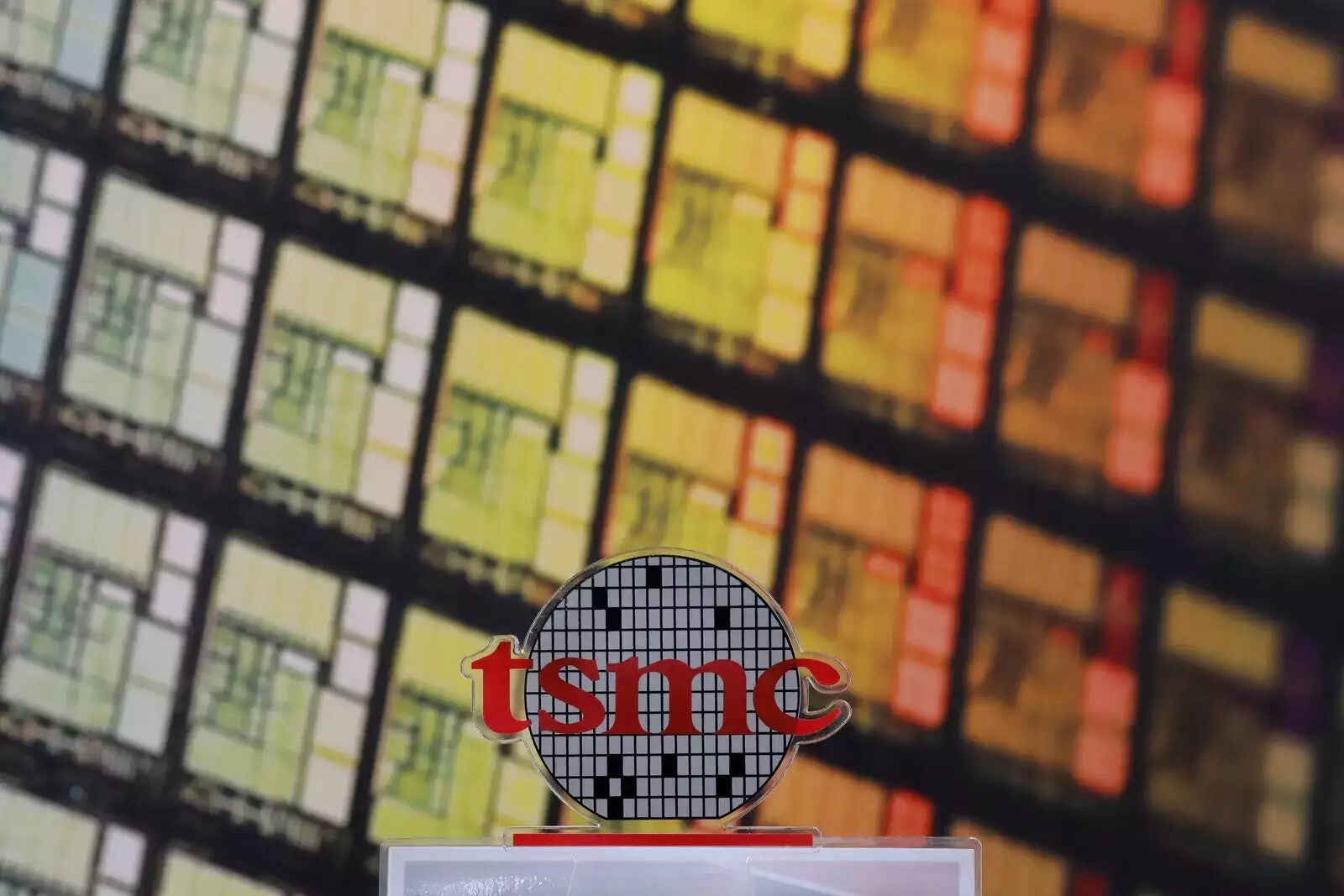Apple sales fall short by $6 billion due to chip shortage

It's no longer a secret that the worldwide semiconductor chip shortage has been affecting Apple as well as other smartphone makers, and we knew that the iPhone 13, MacBook and iPad production have consequently suffered to some extent.
For the first time since 2016, CNBC reports, Apple has managed to fall short of estimated revenue in any given category as a result. To put that in numbers, Apple dipped 3% beneath Wall Street expectations in its extended-hours stock trading this fourth fiscal quarter, between 2020 and 2021.
“We had a very strong performance despite larger than expected supply constraints," Cook told CNBC. “The supply constraints were driven by the industry-wide chip shortages that have been talked about a lot, and COVID-related manufacturing disruptions in Southeast Asia.”
Tim Cook estimates that these chip-related production delays to have cost the Cupertino company a total of six billion dollars in initially projected revenue. That's also how much Zuckerberg lost over 6 hours of Facebook downtime last month, for the record.
The worst isn't over, however.

According to a Bloomberg report, Cook says Apple will feel the harshest effects of the chip shortage during this holiday season, or the company's first new fiscal quarter. While Cook predicts an all-time record in overall sales, set to surpass the company's $111 billion original projection, analysts have already pulled down their expectations from $120 billion to about $118.5 billion for now.
Apple sales have still grown year-over-year
Despite this hiccup, Apple has continued to see significant growth year-on-year in every other category, with an annual revenue jump of 33% from 2020, cashing in at $366 billion in Q4 of 2021.
- After iPhones, Apple's service business (all the software-based income) grew 26% over the past year, beating expectations as always.
- Apple's iPads grew by 21% since last year, earning over one billion above Refinitiv estimates, despite also being hit by the chip shortage.
- Apple’s Macs are seeing much slower growth, with only a 1.6% annual revenue increase (not including the MacBook Pros that were announced in October. Apple’s iPads grew
- Apple's wearables and accessory sales grew collectively by 11%, not including products announced in October.
Here's a table of how Apple measured up against Refinitiv estimates in the 2020-2021 fiscal year:
| Estimated Revenue | Actual Revenue | |
|---|---|---|
| EPS | $1.24 | $1.24 |
| Overall Revenue | $83.36 billion | $84.85 billion |
| iPhone | $38.87 billion | $41.51 billion |
| Services | $17.64 billion | $18.28 billion |
| Other Products | $8.79 billion | $9.33 billion |
| MacBooks | $9.18 billion | $9.23 billion |
| iPads | $7.23 billion | $8.25 billion |
| Gross Margin | 42.0% | 42.2% |
Tim Cook has said that Apple should continue to see “solid year-over-year revenue growth” in the current December quarter, as despite lowered expectations, it's got one of its strongest product lineups yet this year, promising steady sales growth.
How is the company able to face the chip shortage so unwaveringly, seemingly feeling it far less than its competitors, you may ask? The answer is simple: foresight (and special treatment).
Apple is getting special treatment from foundries, keeping it afloat amidst the chip shortage
Very early on, Apple had the foresight to secure up to eighty percent of this year's 5-nanometer chip production for the years ahead from TSMC, the biggest smartphone chip foundry in the world—leaving its competitors struggling to divvy up production between the remaining foundries' capacity.
This means that although the Cupertino company is also feeling the effects of the shortage, it's hardly reeling from them like some of the other smartphone manufacturers.
It's not only that that's keeping Apple afloat, either—TSMC is giving the company special treatment in other ways, too. As of January 2022, TSMC has announced a price hike of twenty percent for its chips, but Apple will be facing only a three-percent chip cost increase. Apple accounts for over 20% of TSMC's revenue, which explains the preferential treatment, as unfair as it may seem for competitors.

The shortage also means a less powerful iPhone 14 SoC
Another, less direct, way in which Apple is being negatively impacted by the chip shortage involves the iPhone 14 SoC plans.
Apple announced last month that its plans to use the 3nm process node in the A16 chip for next year's iPhone, most likely won't come to fruition until the iPhone 15 series in 2023. This is because the 3nm architecture is simply too complex to see expedited production in light of the chip shortage, and will have to wait.
This means that we should prepare to receive a relatively smaller, maybe even marginal, improvement in energy efficiency and performance in the iPhone 14 next year, with the number of planned transistors within Apple's native SoC likely reduced by a few billion by keeping this year's 4-nanometer technology.
If we do see the 3nm process node in the iPhone 15's 2023 A16 chip, it still has a chance of being the first smartphone ever to feature 3nm technology.
If we do see the 3nm process node in the iPhone 15's 2023 A16 chip, it still has a chance of being the first smartphone ever to feature 3nm technology.









Things that are NOT allowed: